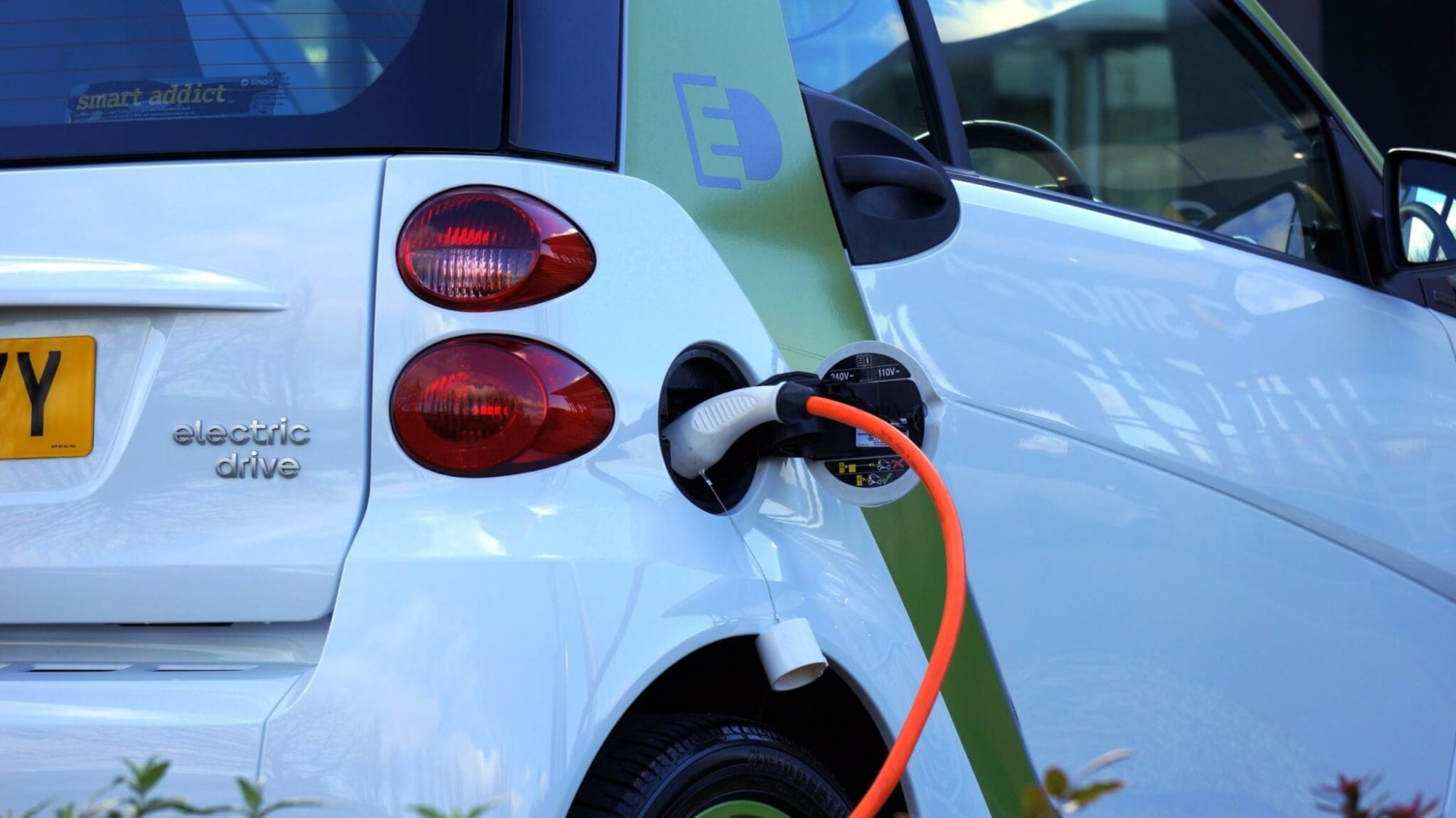Electric cars (EVs) have gained significant popularity in recent years due to their environmental benefits, cost savings, and technological advancements. As the world moves towards sustainable energy solutions, electric vehicles are becoming a crucial component of the future of transportation.
Environmental Benefits
One of the most significant advantages of electric cars is their contribution to reducing carbon emissions. Unlike traditional gasoline-powered vehicles, EVs produce zero tailpipe emissions, which helps decrease air pollution and combat climate change. Additionally, electric cars have higher energy efficiency, converting more energy from the power source into vehicle movement compared to internal combustion engines.
Cost Savings
Although electric cars may have a higher initial purchase price, they offer long-term savings in fuel and maintenance costs. Charging an EV is often cheaper than filling a tank with gasoline, and electric vehicles require less maintenance since they have fewer moving parts. There is no need for oil changes, exhaust system repairs, or fuel system maintenance, making EV ownership more cost-effective over time.
Technological Advancements
Advancements in battery technology have significantly improved the range and performance of electric cars. Modern EVs can travel hundreds of miles on a single charge, making them a viable option for daily commuting and long-distance travel. Additionally, charging infrastructure is expanding, with more public charging stations and faster charging solutions becoming available worldwide.
Government Incentives
Many governments worldwide offer incentives to encourage the adoption of electric vehicles. These incentives may include tax credits, rebates, reduced registration fees, and access to carpool lanes. Such policies aim to make EVs more affordable and accelerate the transition to cleaner transportation.
Challenges and Future Outlook
Despite their many benefits, electric cars still face some challenges. The production and disposal of lithium-ion batteries raise environmental concerns, and charging infrastructure is not yet as widespread as gasoline stations. However, continuous advancements in battery recycling, renewable energy integration, and infrastructure development are expected to overcome these challenges in the coming years.
As the demand for sustainable transportation grows, electric cars will play an essential role in reducing dependence on fossil fuels and promoting a cleaner environment. With ongoing innovations and increasing consumer acceptance, the future of transportation is undoubtedly electric.
